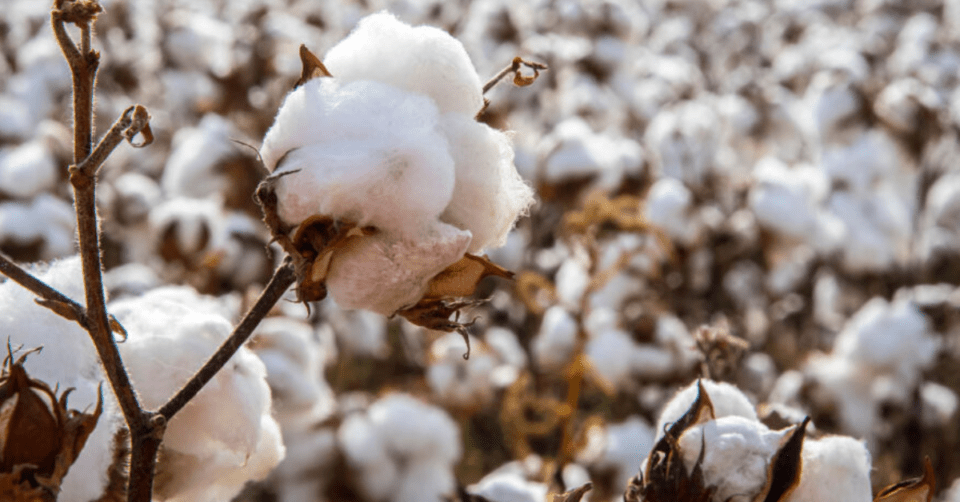Better Cotton has launched an ambitious research project in India aimed at defining best practices to empower women and boost their representation at the farm level in the cotton sector.
The project – funded by sustainability standards organization ISEAL – will not only identify real-success stories that can serve as inspiration for targeted interventions, but it will also generate learnings that will benefit cotton farming countries around the world.
Women play a vital role in India’s cotton farming regions, but they continuously face significant barriers to advance their positions. These challenges stem from cultural and societal barriers, including limited access to education, restrictions on independent travel and unpaid domestic and care work that disproportionately falls on them.
Women form the foundation of cotton farming communities across India, but too often are their contributions unrecognized and unrewarded. This research project will help underpin our women’s empowerment efforts in the country by studying what does and what does not work.
Over the next year, Better Cotton will work closely with two in-country Program Partners1, Cotton Connect India and WWF India, who together support more than 125,000 Better Cotton licensed farmers across Maharashtra and Telangana.
The aim is to gain insights into their recruitment strategies and retain more women into organizational leadership roles. As part of the process, community-facing roles – such as Producer Unit Managers and Field Facilitators – have been identified as an area for investment and strengthening.
The results will help Better Cotton develop and streamline mechanisms for supporting women in cotton as it works towards its 2030 Impact Target2on women’s empowerment.
We want to strengthen the women in community facing organizational roles because that’s one of the best pathways to empower women in farming roles. It’s a unique supportive relationship – bringing technical knowledge, safe space, inspiration and modelling all together. Since they are from the same communities, women facilitators carry a deep understanding of the challenges women farmers and cultivators battle with. Because they are also the ones who are agronomic experts on the field, their presence speaks volumes about what is possible for women in farming communities.
Our experience shows that women have a natural affinity for learning and adopting nature-positive agricultural practices. With dedicated women learning groups, full-time training sessions, and seasonal workshops, we are laying the groundwork for continuous progress. This research project has the potential to guide us in refining these efforts, creating new innovations, and further empowering women in cotton cultivation. It will also open up opportunities for scaling these practices, making sustainable cotton farming a widespread reality in Telangana and beyond.
Female staff members contribute valuable skills especially indigenous knowledge and perspectives, enhancing the overall effectiveness of agricultural initiatives. Furthermore, their presence fosters a supportive network of female peers, which is instrumental in empowering women in the field. This gender balance promotes equitable decision-making processes and leads to more adoption of sustainable agricultural practices, thereby improving livelihoods within the sector.

